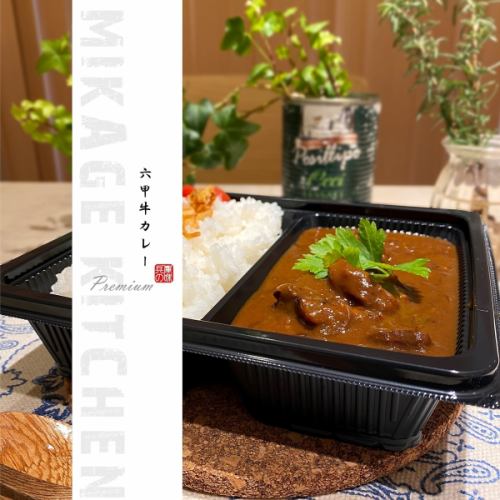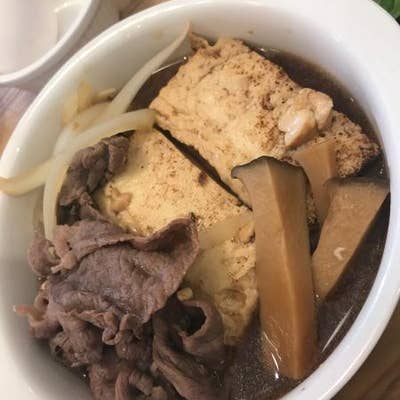

We first meet ramen in a symbolic dream sequence, then soba, and finally katsudon in the climax of the book.

Mikage agrees because she "trusted their kitchen." Soup serves as a defining emblem of human connection-family-in a modern world where traditional family bonds are ragged and uncertain. Yoichi invites Mikage to move into the apartment he shares with Eriko/Yuji, his mother/father (actually his father who became a transvestite when his wife died and now performs in his own Tokyo nightclub). He'd worked part time in the grandmother's favorite flower shop and was a favorite of hers. A passing acquaintance, Yoichi Tanabe, shows up at the funeral. When grandmother dies, leaving her alone in the world, Mikage is devastated-paralyzed as to what she should do with her life and unable to organize the effects of her grandmother's apartment and move into a new place. SoupTales § Any comments? Kitchen by Banana Yoshimoto (translated by Megan Backus: Washington Square Press, 1988)Ī young girl in Tokyo, Mikage Sakurai, is an orphan raised by her grandmother.

"Why is it that everything I eat when I'm with you is so delicious?" Mikage says, "Could it be that you're satisfying hunger and lust at the same time?" "No way, no way, no way!" he said, laughing.


 0 kommentar(er)
0 kommentar(er)
